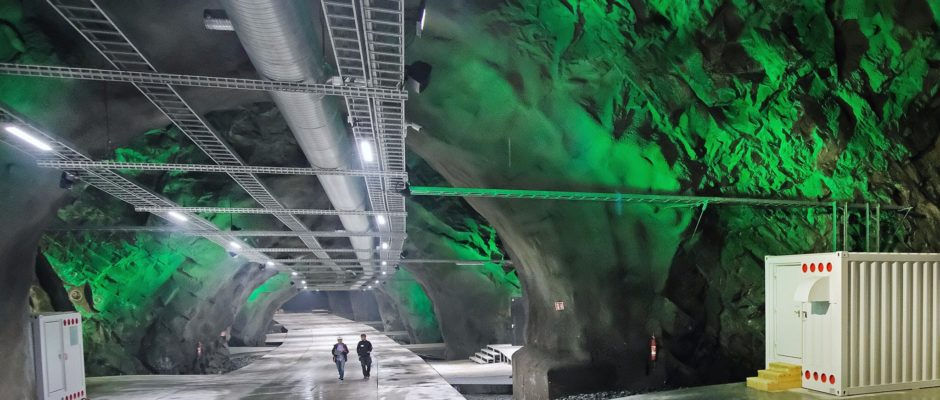Design Thinking: Going beyond digital solutions...
- Janayna Velozo

- Jul 8, 2019
- 3 min read
Updated: Oct 22, 2022

One of the biggest prides I have in life is to have co-created the Ganhe o Mundo Program, along with a sensational team of women (and one man) who genuinely saw a path through education. It has been 6 years of intense work, in which we prepared more than 50 thousand students from the state public schools in a second language, and sent more than 8 thousand to go abroad for a semester abroad. Caring for each one of them was the priority.
I wish I could express what it feels like when an anaphalbeta mother, who works 16 hours a day as a cleaning lady, takes you by both hands, in the lobby of the Guararapes airport in Recife with 2 hours left for her son to board, looks deep into your eyes with eyes full of tears and says, "This is my only son Janayna, the only thing I have in life, take care of him." It wasn't just one life, his. It was generations and generations of hardship and struggle and hunger and impossibilities, that were inside that boy going to "abroad" for the first time. Just by being in that airport he was already changing the history of all the generations that preceded him in life. He was history itself, in the flesh, being rewritten.
Four days ago I mentored a Design Thinking Workshop for adolescents of the NUCA project, of UNICEF. The group I closely guided had a challenge: to promote education for a democratic citizenship. I wish I could express how I felt when I heard one of the girls asking for more empathy from the teacher who gave the teacher an absence, even when someone arrived late because the school bus was late. I remembered the son of the cleaning lady, who walked one hour along the dirt road to the bus stop and spent two more hours to get to school. How many times would he have missed school because he didn't arrive in time to study in a school that can't even see his hunger for change? He used six hours a day, just to go to and from school, for the dream of studying. How many times do we not reach out to them?
I have been participating in an ecosystem that is increasingly alive and rich, which has brought discussions about how technology and innovation can change the world for the better and solve people's problems. Which people are we talking about? Are we thinking about the son of the cleaning lady I took to New Zealand? The many lectures and workshops I have attended in the last months are free. Free. Anyone from the city could be there, but I always meet the same people. Where are the others? The ones who can talk about the challenges of selling chewing gum from the street corner? The engineers who lost their market and started to work as Uber? The mothers with their children jumping from chair to chair while talking about female entrepreneurship? Those who would not be able to learn if it were not for free events like these? Do they even know that these events are happening? Are we giving visibility, access and voice to these people?
The goal of our mentorship at UNICEF was to teach a structured people-focused way of thinking, so that the teenagers who came from all corners of the state could replicate it in their cities, and collectively generate solutions with so many others who were not there. It wasn't about who had the best idea, but how we could, together, make things a little better. It was not about a competition, but about a collective effort, a group of people thinking together, doing together. It was not about creating one more application out of the more than 6,000 that are released every day on Google Play. It was about connecting people using the greatest technology ever created by humans: language. The connection was in the physical world, where the tone of voice, the touch, the look, and the being together, allows us to include the 40% of the population that doesn't have access to the internet.
My immense gratitude to Arthur Braga, from Espaço Ceça, and to Leonardo Lima, from LOUCO, for the opportunity to, once again, break the chains of thought, give birth to other interactions... and make seeds sprout.



Comments